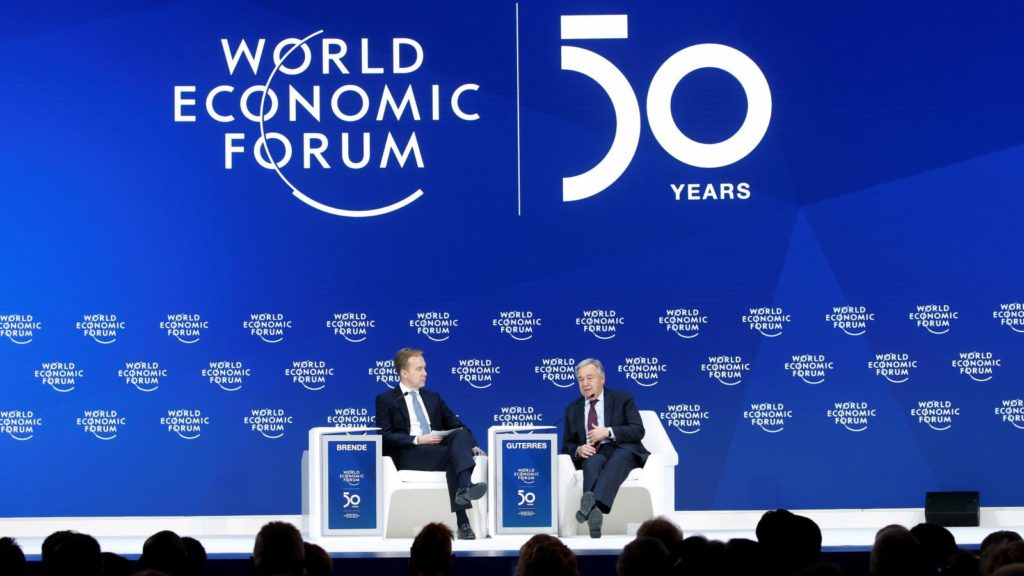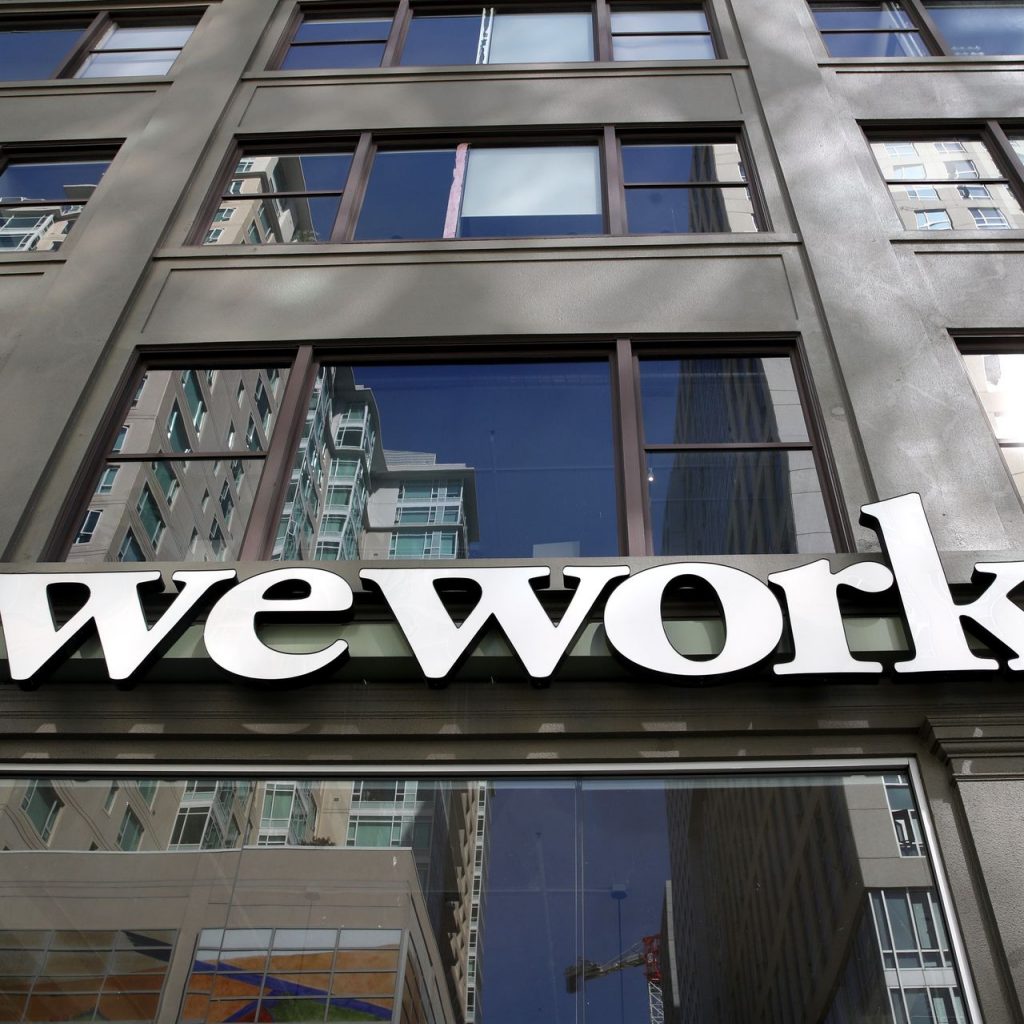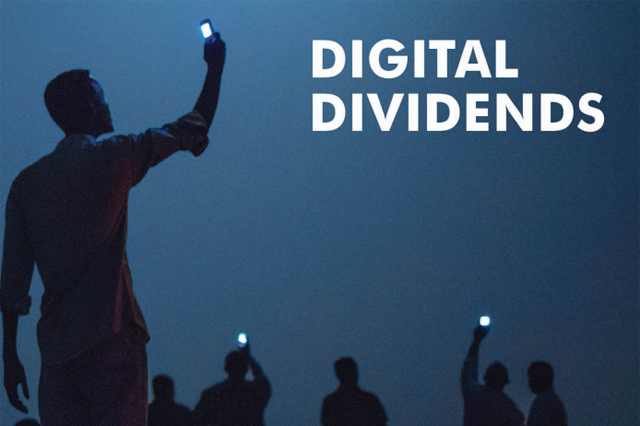Facebook recently revealed the details of its new cryptocurrency named Libra. The digital token is built on blockchain technology and will be available to anyone in the world via a smart phone app – regardless of whether or not they use Facebook.
Libra will allow people to send and receive money, similar to the way that PayPal works today, but on a global scale. If the digital currency takes off as planned, users will be able buy items online and at brick-and-mortar locations. They’ll also be able to exchange Libra for the local fiat currency of their choice, such as US Dollars, Euros, or Pesos.
The organizations behind Libra
Libra is about much more than just Facebook. The Libra Association consists of a diverse group organizations who will finalize the Association’s charter and guide Libra through its launch date of mid-2020. Founding members of the Association include:
- Payment tech companies: Mastercard, Visa, PayPal, and Stripe
- Technology marketplaces: eBay, Facebook, Lyft, Spotify AB, Uber, and Mercado Pago (an Argentina-based company that operates one of the largest e-commerce sites in Latin America)
- Telecommunications: Vodafone Group, Iliad (a French provider of telecommunications services with over $5.3 billion in annual revenue)
- Blockchain: Coinbase, Inc., Xapo Holdings Limited, Bison Trails
- Venture capital: Andreessen Horowitz, Breakthrough Initiatives, Union Square Ventures
- Nonprofit and academic institutions: Creative Destruction Lab, Kiva, Women’s World Banking
Notably missing from the founding members list are global giants such as Airbnb, Alibaba, Amazon, Google, Twitter, YouTube (a subsidiary of Google), and traditional banks.
Libra is intended to be a simple global currency
Libra is being developed and launched with the simple premise that the world needs a reliable digital currency and infrastructure that can deliver on the promise of the “internet of money”.
Existing cryptocurrencies such a Bitcoin and Ethereum have been a profitable buy-and-hold investment but haven’t been able to gain widespread acceptance as a method of payment for daily goods and services. Libra aims to change that by becoming a simple global currency and financial infrastructure that empowers billions of people.
Similar to the digital currencies already in circulation, Libra is built on the foundation of blockchain technology. The three parts of Libra that are used to create an inclusive financial system are:
- Built on a secure, stable, and reliable blockchain technology dubbed “Libra Blockchain”
- Governed by the independent Libra Association tasked with managing the evolving Libra digital global currency ecosystem
- Backed by a reserve of assets designed to give Libra intrinsic value
Libra is also a “stable coin”
One of the problems with existing cryptocurrencies such as Bitcoin is that they’re not linked to anything else. With fiat currencies, for example, if the US Dollar gets “stronger” then the Euro gets “weaker” relative to the USD, or vice versa.
Because they’re not tethered to anything, today’s cryptos tend to take on a life of their own, making them a speculative play at best. In December 2016 the price of Bitcoin was about $900. In December of 2017 Bitcoin reached a peak price of over $18,700. Currently the price of a single Bitcoin is about $9,100 and it’s anyone’s guess where the price will go from here.
On the other hand, Libra is designed to be a stable digital cryptocurrency backed by a reserve of real assets. This will allow a Libra coin to be converted into a local fiat currency based on the current exchange rate. Interestingly, gold won’t be included as one of reserve real assets. Instead, Libra will be backed by a group of low-volatility assets such as bank deposits and short-term government securities from stable and reputable central banks.
How Libra will work
To own and spend a Libra users need a wallet. Facebook’s wallet will be Calibra (a subsidiary of Facebook) and can be used within WhatsApp (a Facebook-owned company). Libra Association members such as PayPal and other third-parties will likely create Libra wallets of their own.
Users will be able to fund their Libra wallets with cash, then send Libra currency to their friends or buy and sell things online and offline using in-store point-of-sale systems like Square. People signing up for a Libra account for the first time will be taken through a “Know Your Customer” anti-fraud process and be required to provide a government-issued photo ID and other verification information.
The Libra Blockchain is a cryptographically authenticated database used to validate transactions and help prevent fraud. This public online ledger is designed to handle 1,000 transactions per second, compared to Bitcoin’s 7 transactions per second and Ethereum’s 15 per second.
How the Libra Association makes money
People using Libra to buy, sell, or send will incur a transaction fee of a fraction of one percent of the Libra value. This is similar to the “gas” processing fee that Ethereum users pay today. While the Libra transaction fee will be negligible to most users, it is also designed to discourage criminals from creating millions of transactions designed as spam or denial-of-service attacks.
The second way the Association will make money is by collecting interest on the money that Libra users hold in their wallets. Businesses may choose to keep this income, or to pass it along as a partial rebate to their Libra users and as an incentive to bring more potential Libra-users on board.




